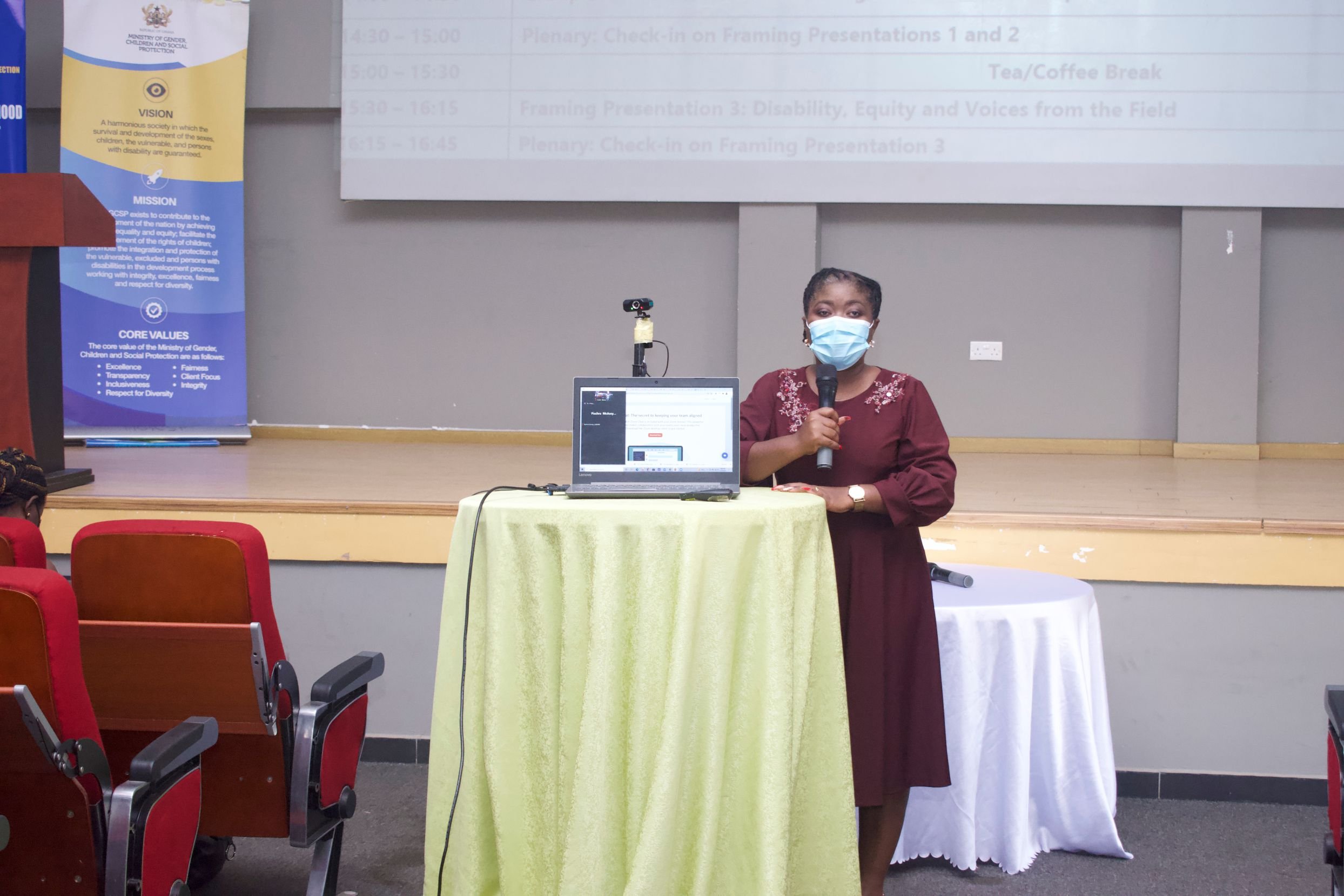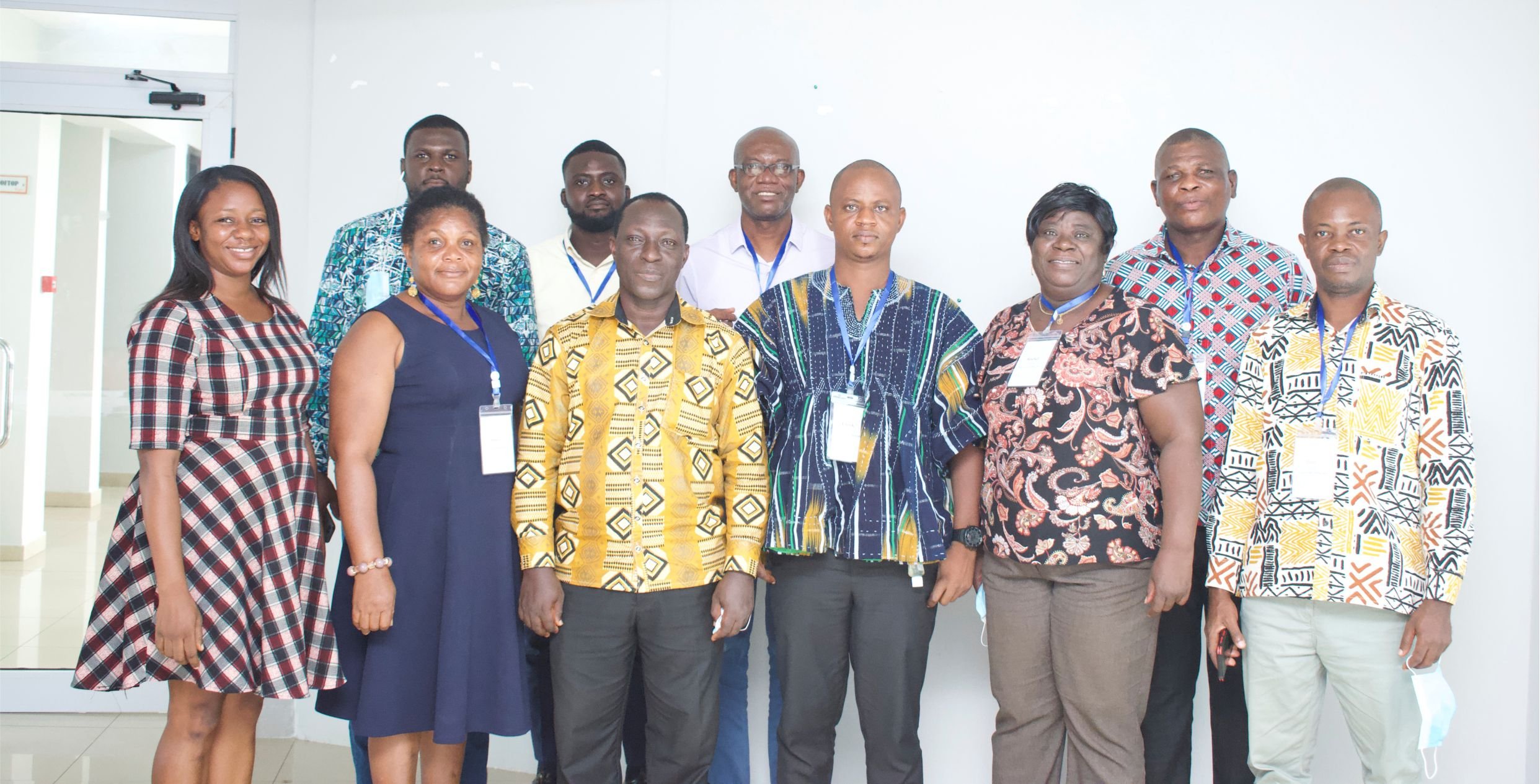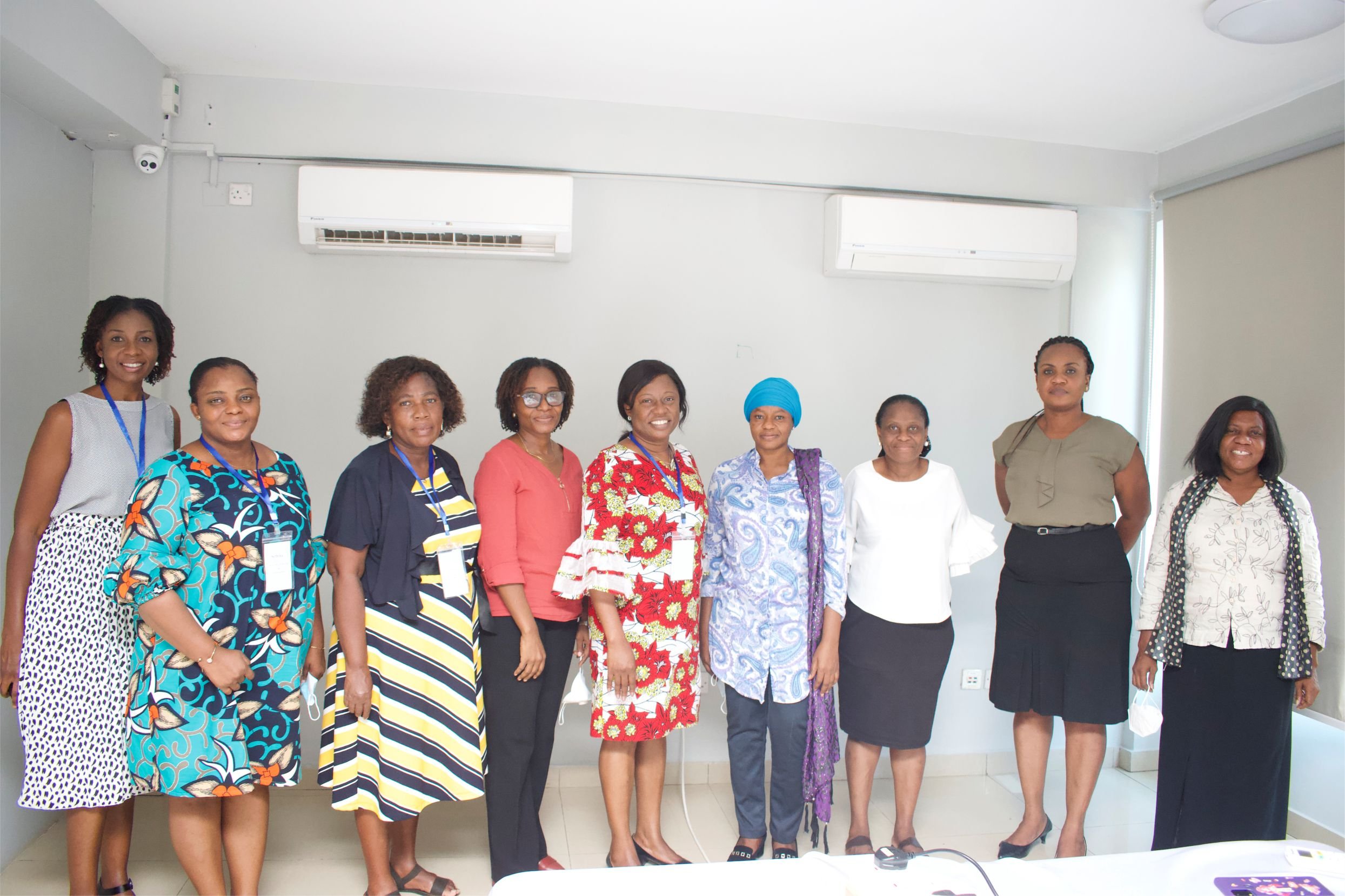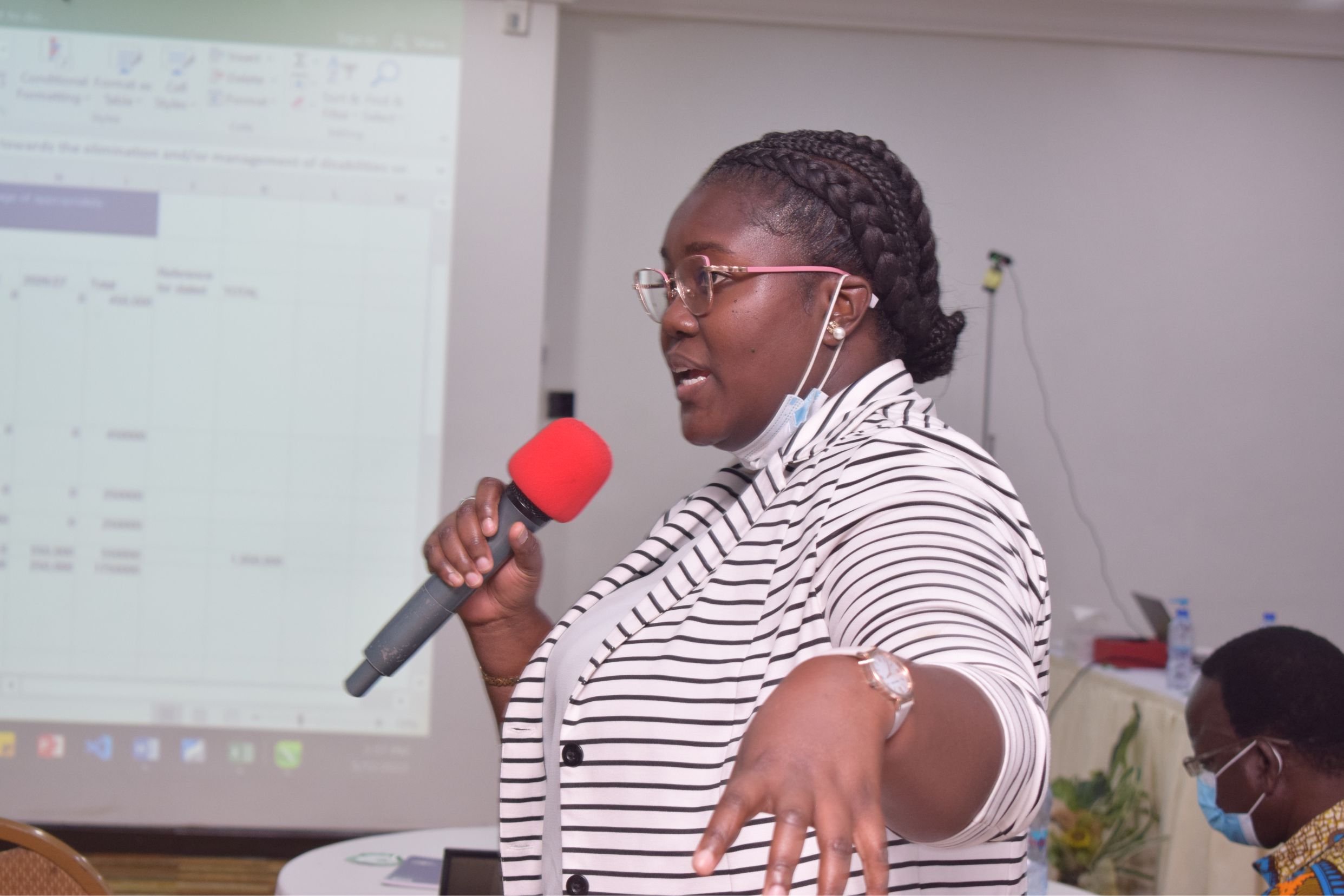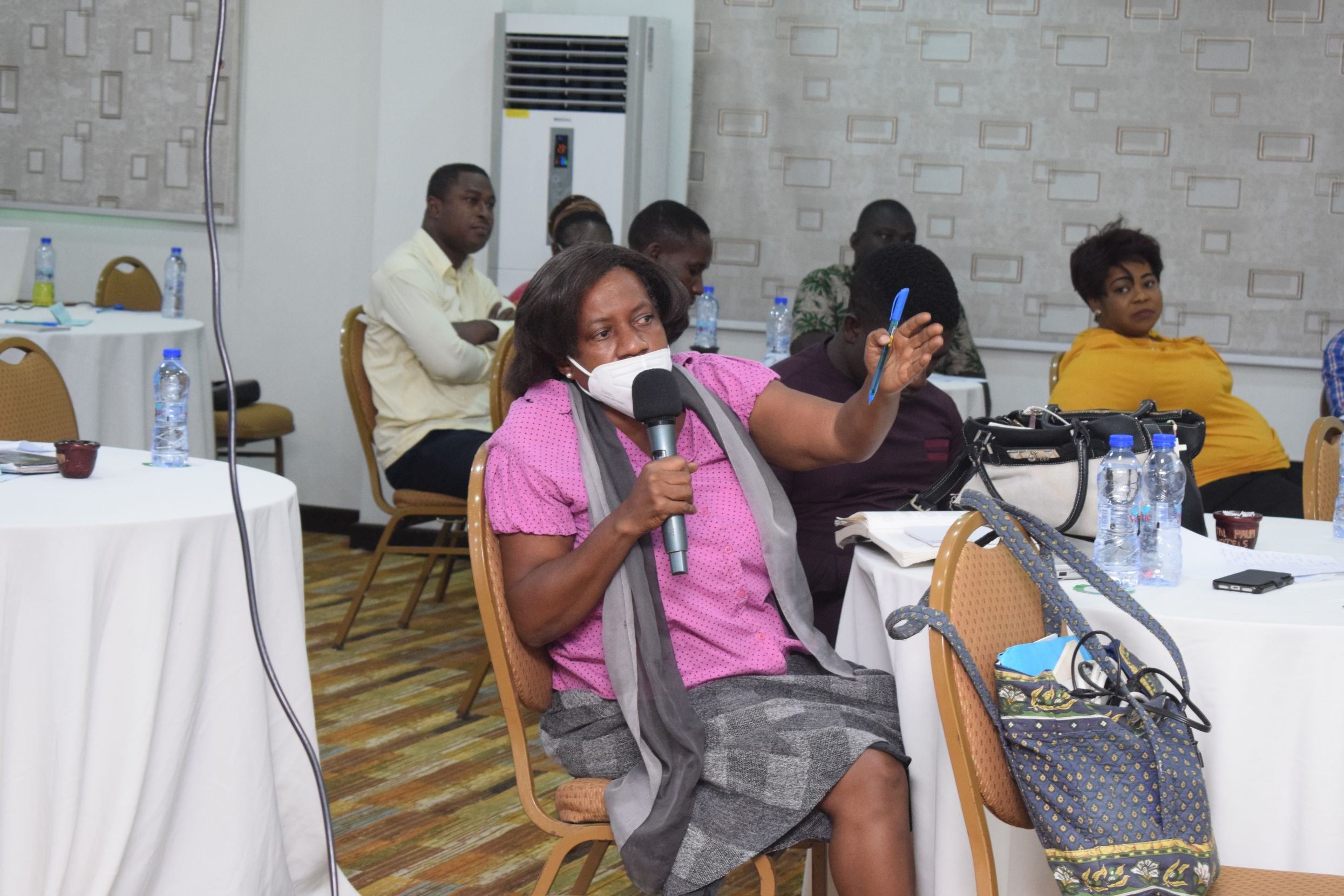
Ghana’s Ministry of Gender, Children and Social Protection, with support from UNICEF, is facilitating the revision of the national ECCD Policy. The intention is to develop a revised ECD Policy Framework by engaging with and obtaining the inputs of Ghana’s ECD stakeholders and technical experts in a participatory process, ensuring that the new policy framework is relevant and optimized to deliver results for the Children of Ghana.
Overview of the ECCD Policy Framework Products
The ECCD policy review process will result in the production of a ECCD Policy Framework that consists of:
A revised ECCD policy;
A set of policy directives and guidelines specific to sectors and key role players contributing to ECCD services;
A costed implementation plan;
A monitoring, evaluation, and learning (MEL) framework; and
These products will be developed through a process facilitated by a consulting team. The team will convene technical working groups constituted by Ghanaian stakeholders who will participate in 3 workshops. The policy framework products will also be validated in a series of 3 additional workshops to be conducted in Ghana’s 3 primary geographic zones (North, Central and South).
The Policy Framework Production Process

The road map for implementing this process is detailed in the table below.
-
Activities
Map the stakeholders
Prepare a discussion agenda
Schedule and conduct conversations with stakeholders
Prepare a final roadmap for review
Disseminate roadmap, collect feedback, finalize
Time Frame
September - October, 2021
-
Constitute working groups
Conduct Workshop 1: Devising Service Packages
The primary objectives of the workshop are to;
(i) Formulate packages of services, differentiated by age according to the life-cycle approach and other variables, including equity issues;
(ii) Consult across technical areas to ensure that service packages are complete; and
(iii) Confirm whether and how roles and responsibilities are aligned to legal mandates.
(iv) Prepare draft policy document in outline
Conduct Workshop 2: Designing an Enabling Environment
The primary objectives of the workshop are to;
(i) Optimize channels for coordinated and/or integrated service delivery;
(ii) Identify and provide for utilizing existing effective structures for coordination and oversight; and
(iii) Identify and address gaps in legal mandates of role players to ensure that all required roles and responsibilities are provided for.
Conduct Workshop 3: Developing a Costed Implementation Plan and M&E Framework
The primary objectives of the workshop are to, firstly, devise a costing framework for:
(i) Estimating the cost of implementing comprehensive ECCD in Ghana;
(ii) Providing for costs of cross-sectoral roles, responsibilities, and functions;
(iii) Proposing strategies for meeting financing gaps;
(iv) Identifying key indicators for tracking the progress of ECCD implementation, their data sources, the aggregation of data for analysis and reporting, and targets;
(v) Strategies for strengthening the quality of data and continuously improving the quality of services; and
(vi) Integrating multi-sectoral accountability.
Time Frame
October - November, 2021
-
Prepare draft policy framework outputs
High-level validation meetings
Prepare and conduct validation workshops in 3 zones
Time Frame
March - April
-
Finalize ECCD policy and sector-specific guidelines
Finalize costed implementation plan
Finalize MEL framework
Finalize technical notes
Time Frame
May - June
Picture Gallery


